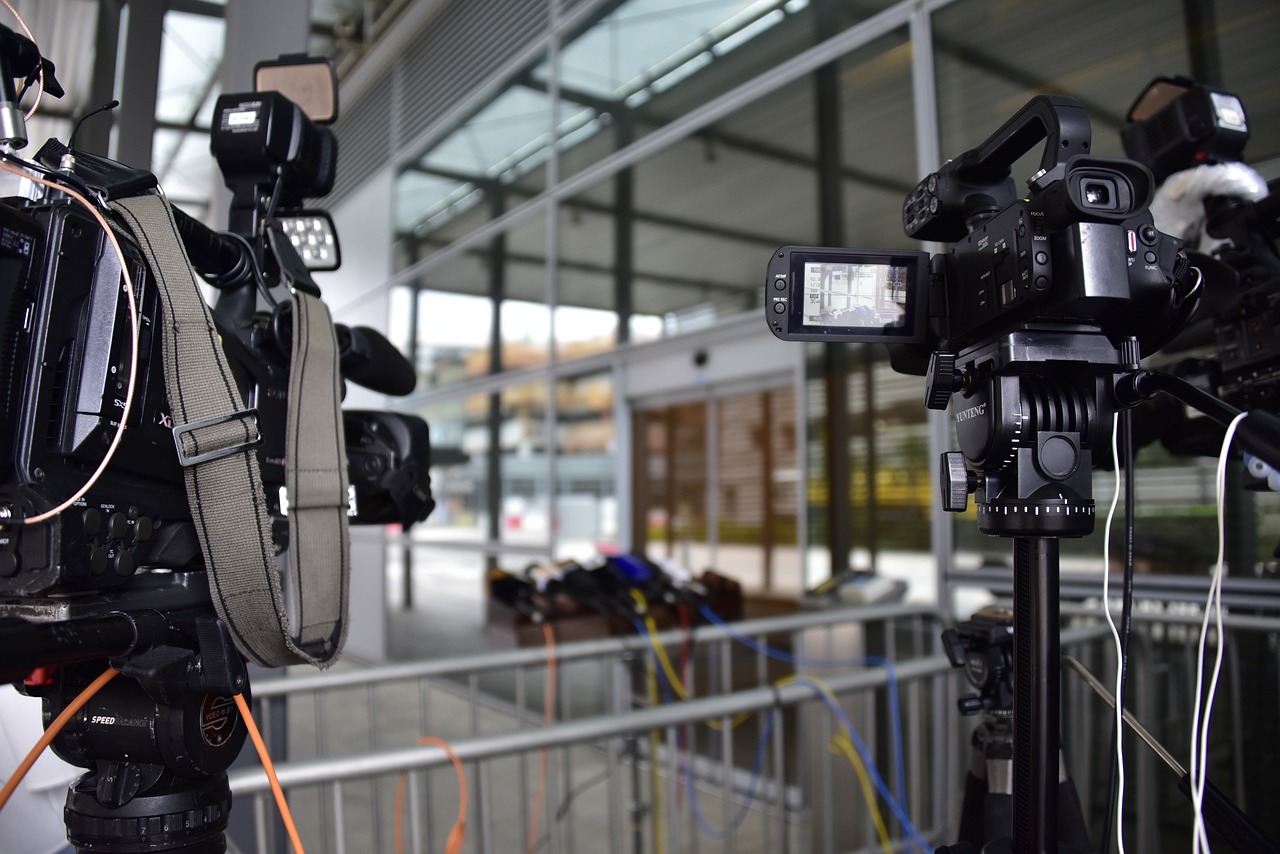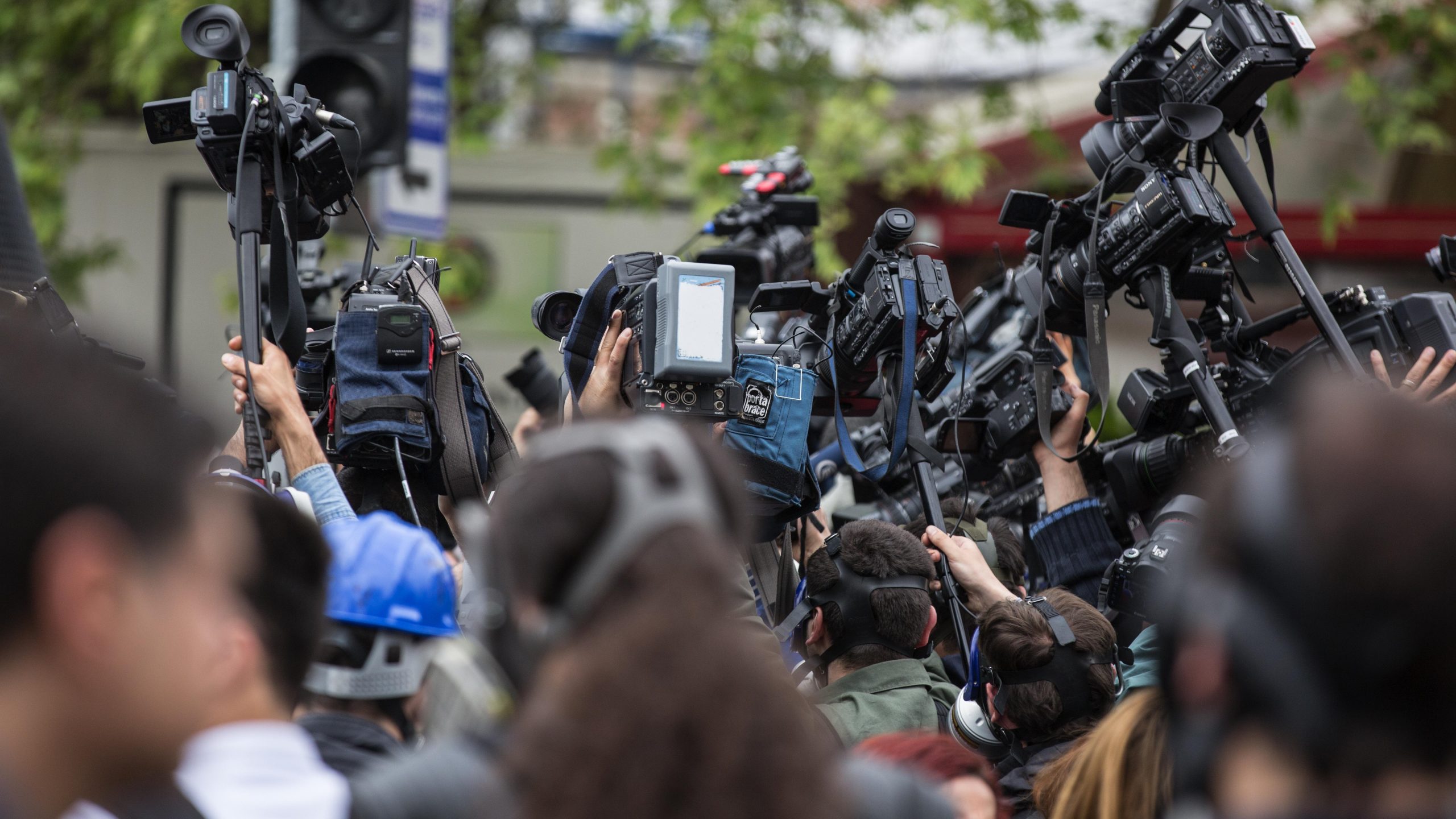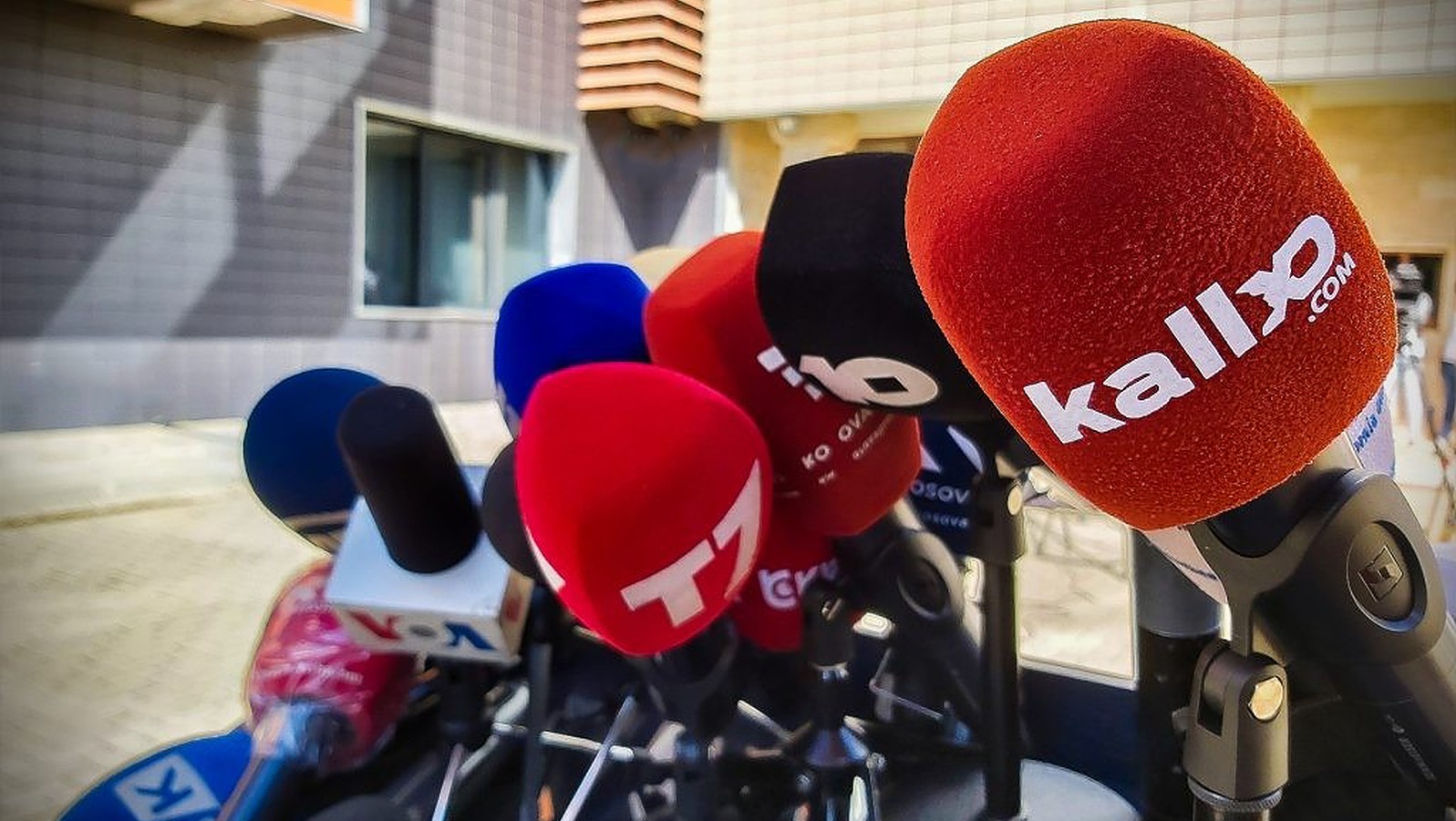The Delegation of the European Union to Bosnia and Herzegovina has condemned the attacks on the vehicles of two journalists from Banja Luka, a day after they criticised a law that threatens freedom of speech.
The attacks on the cars of two journalists from Banja Luka, administrative centre of Bosnia’s Serb-dominated Republika Srpska entity, discovered early on March 9, a day after they criticised a new law on defamation, was “extremely worrying,” the Delegation stated.
Nikola Moraca, journalist of EruoBlic and SrpskaInfo, and Aleksandar Trifunovic, editor-in-chief of online magazine Buka, found their cars damaged in the same neighbourhood where they both live.
“It is yet another example of the difficult conditions that journalists in Bosnia and Herzegovina operate in, and the ongoing hostile environment for media freedom in the country,” the EU office added.
A day prior to the attack, Bosnian Serb leader Milorad Dodik slammed those who criticised a proposed law which would criminalise defamation, imposing huge financial fines, naming several individuals, including Moraca and Trifunovic.
“This is a typical attempt at intimidation; the day after Dodik called us scoundrels and marked targets, it was only a matter of time before someone would interpret this as an instruction,” Trifunovic posted on Twitter after discovering the damage.
“Verbal attacks by political leaders that seek to discredit journalists can also contribute to increased hostility and risks for them,” the UN mission to Bosnia and Herzegovina wrote on Twitter, among many reactions by local and international human rights and media organisations.
Jutros su meni i komšiji i kolegi novinaru Nikoli Morači brutalno izgrebana auta na parkingu ispred zgrade. Šteta je ogromna. Izgrebane su haube, vrata, krov. Policija od jutros radi uviđaj
Ovo je tipican pokušaj zastrašivanja, i to dan nakon nas je Milorad Dodik nazvao spodobama pic.twitter.com/Vo8JAVPEKE— AleksandarTrifunović (@AlexandarT) March 9, 2023
Dodik, president of Republika Srpska, condemned the attack on Thursday but also suggested they had “organised” the damage to their cars themselves.
“The government is asking for an imminent police reaction and prosecution of the perpetrators,” he said, adding in the same sentence: “There are some indications that they have organised the attack by themselves, and we will see if it is correct or not.”
“So the investigation has not officially even begun, and Dodik seems to want to help solve the case by accusing us,” Trifunovic shared on social media on Thursday evening.
The EU Delegation recalled that freedom of expression and freedom of media are among 14 key reform priorities for Bosnia, as stated in the European Commission’s Opinion on the country’s EU membership application.
“In any democratic society, journalists must be able to do their important work without fear or intimidation,” the EU office said.









